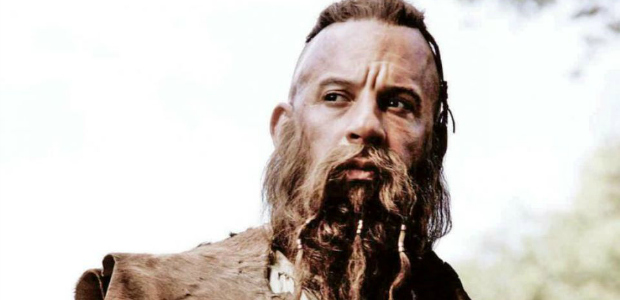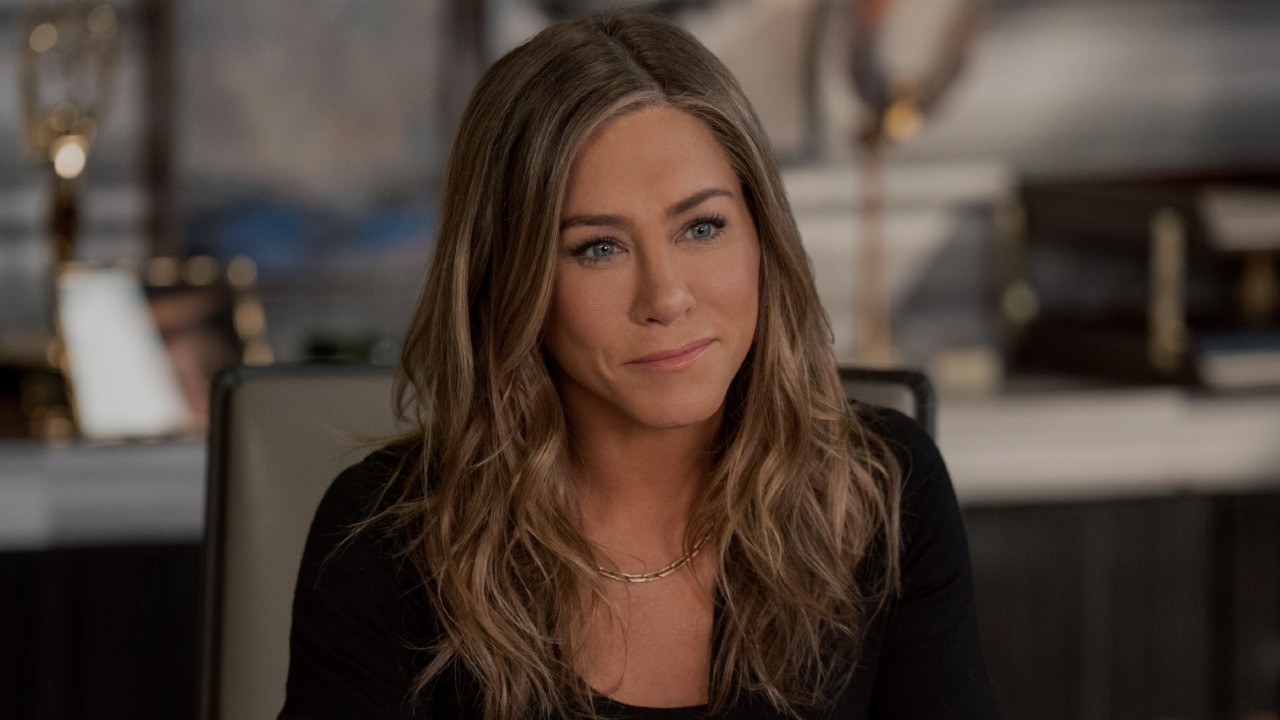It’s clear from the press notes that the screenwriter of The Last Witch Hunter, Cory Goodman, put a lot of thought into the mythology behind this fantastical universe. While the character of Kaulder, a centuries-old witch hunter, is loosely based on a character from Dungeons & Dragons (Vin Diesel’s favorite character, a dark elf named Melkor), the world is an original conception. The witches see themselves as protectors of the natural world, often battling humanity with mental-manipulating magic. These creatures commenced with a war against humans after seeing the destruction of Mother Nature. This is all fine and dandy, but it was not that clear in the film — or maybe it was. I can’t be sure, because I wasn’t paying attention half the time. Let me explain.
I live for fantasy. I’m the guy who still loves watching Tom Cruise chase the unicorn in Legend. I’m the guy who was still (sort of) into Seventh Son, even when Jeff Bridges became way too ridiculous (even for himself). I’m the guy who recently participated in a drunken night of Magic: The Gathering while simultaneously belting along to the soundtrack to Sound of Music. I like my fantasy… but I am not the guy who liked The Last Witch Hunter, which highlights the many pitfalls that can come when trying to write fantasy.
The film begins in an interesting way with this slight Constantinian edge. With traces of the Keanu Reeves film, Kaulder starts investigating the apparent death of his previous Dolan and stumbles across a much darker plot. This edge is lost when he splits his attention between the case at hand and explaining what’s going on to his new righthand: how witches live in the shadows of modern society and keep their magic hidden; how there’s a long line of hunter helpers called Dolans (like Elijah Wood’s character); how Kaulder was cursed with immortality by a witch queen, and now she’s back to unleash a plague of Black Death upon the world, and things like that. This is the main reason why it was hard to force myself to sit through the film — which, mind you, is only an hour and 46 minutes.
The funny thing is, though, that there are still a lot of details that fall through the cracks, specifically in terms of the mythology. The press notes (again) lay out the longer version of the story, including details like how the witches can’t shapeshift per se, but rather alter the minds of those around to make them see whatever they want. It seems silly to create all these details but still have them not come across clearly when the story plays out. Yet, that’s what happens. The Last Witch Hunter is one of those films with pretty good special effects. Some of it is practical, like the flesh of the witch queen and the jagged branches in her lair. When it comes to the witches, their abilities are, for the most part, wonders to behold — sans those floating, dripping balls of light inside the witch bar. But even they lose their luster against the muddied plot.
At the very least we should have classic Vin Diesel to keep us entertained, but the trailers lied to us. In them, the actor exclaims, “There’s one thing you witches will never understand…you will be hunted,” while brandishing a flaming sword like a fiery archangel. This is the kind of Diesel who makes remarks like, “This time we can’t just be fast,” when starring in the seventh Fast & Furious movie. At the very least, The Last Witch Hunter should have had this Diesel. As it turns out, that line was cut together only for those trailers. Classic Diesel is barely in The Last Witch Hunter, only appearing to give a young kid a smiling wink in the beginning and, perhaps, one or two other times. (Again, this was not a film that easily held my attention.) Instead we get some version of the actor who takes this dialogue very seriously. Unfortunately, that dialogue can put you to sleep, much like whatever you watch on Netflix to help you go to bed at night.
The saddest part is that the film has all the building blocks to be a great fantasy ride, and Diesel is clearly enthused to be a part of it. As it turns out, though, passion isn’t everything.
Your Daily Blend of Entertainment News

